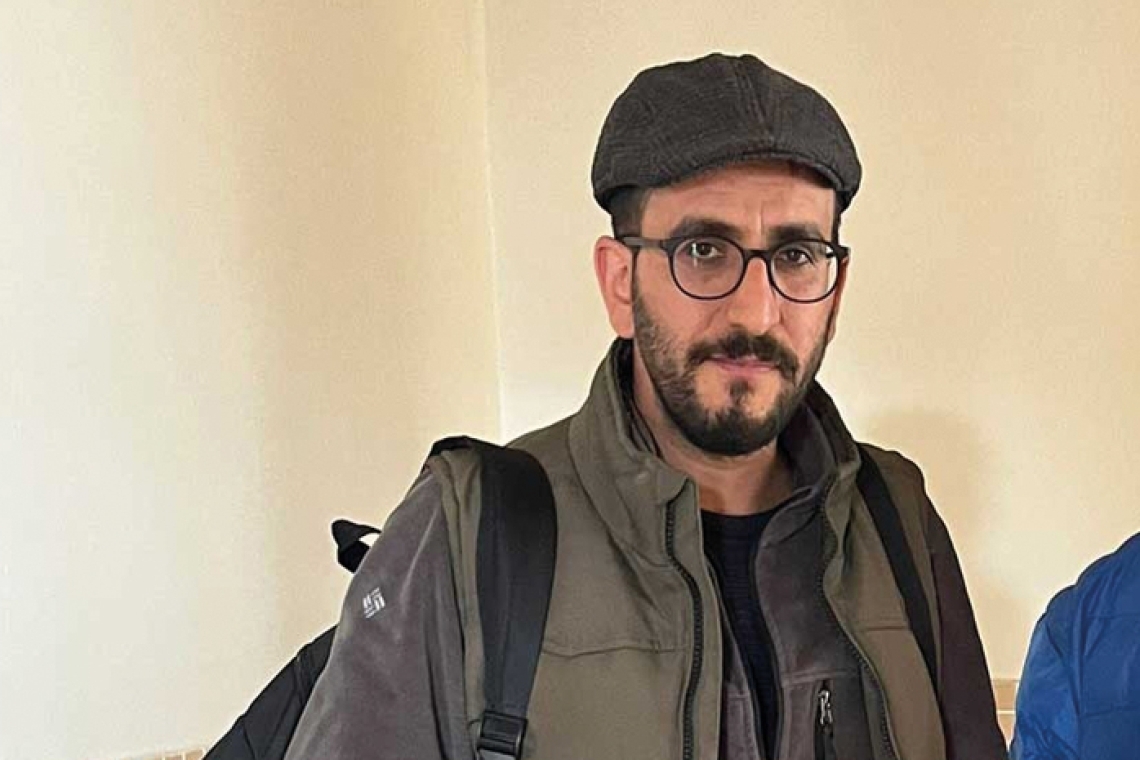Deniz Tekin
A jurisdictional dispute has emerged between courts over the trial of journalist Fırat Bulut, accused of "spreading misleading information" based on a social media post he made following the Feb. 6 earthquakes in Turkey. Bulut had claimed that smoke was rising from the courtyards of Elbistan Prison and that cells were set on fire. The High Criminal Court in Bingöl and the court in Elbistan have both declared themselves unauthorized to hear the case, prompting its referral to the Court of Cassation for a final decision.
Jurisdictional decisions lead to Court of Cassation
The investigation into Bulut was initiated by the Bingöl Chief Public Prosecutor's Office, which transferred the case to Elbistan citing a lack of jurisdiction. However, the Elbistan 2nd Criminal Court of First Instance also declared a lack of authority, stating that the trial should proceed in Bingöl because Bulut's last known residence in Turkey was in Bingöl.
In response, the Bingöl 1st Criminal Court of First Instance ruled in August that the crime had occurred in Elbistan, as Bulut admitted during his statement that he had made the post while in Elbistan. Consequently, the file was returned to Elbistan.
With both courts refusing jurisdiction, the Bingöl court referred the case to the 5th Criminal Chamber of the Court of Cassation, which will determine which court will handle the trial.
What happened?
On Feb. 8, 2023, just two days after the devastating earthquakes centered in southeastern Turkey, Bulut posted a video on social media claiming smoke was rising from Elbistan Prison courtyards and that inmates had set their cells on fire. His post was cited as evidence in the case against him, which alleges "public dissemination of misleading information" under Article 217/A of the Turkish Penal Code.
An official letter from the Elbistan District Gendarmerie Command confirmed that detainees and convicts at Elbistan E-Type Prison had rioted, setting fire to blocks A and B. The Elbistan Chief Public Prosecutor’s Office and the Ministry of Justice launched parallel judicial and administrative investigations into the incident.
Exile and allegations
Bulut, who has faced pressure for his journalistic activities, has since sought asylum in Germany. His case has highlighted ongoing debates about press freedom and the criminalization of social media posts in Turkey.



